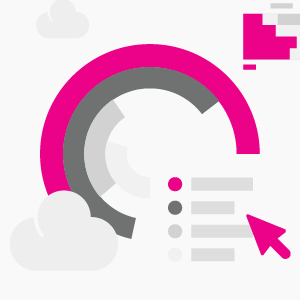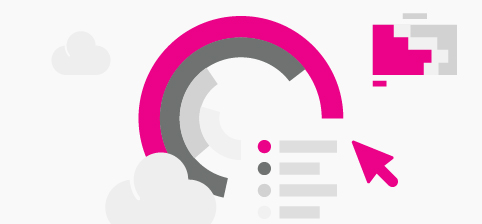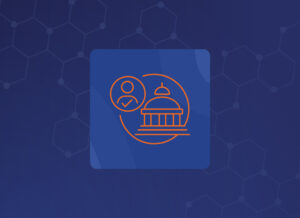Despite the variation in their individual mandates, all regulatory agencies have one main objective: to protect the public. However, there are hurdles to this goal. There are heavy costs associated with data warehousing, as large projects require extensive telecommunication and server space. This can be both expensive and time-consuming. Luckily, by implementing data virtualization tools, agencies can overcome these constraints and provide more effective services.
What is Data Virtualization?
Data virtualization is an approach to data management that helps organizations accelerate the turnaround time for converting data into digestible information. These data sources can range from a variety of locations, including distributions and data stores and any documents, emails or spreadsheets an agency has. With such a wide array of data, accessing and understanding all vital information can be both time-consuming and overwhelming. Data virtualization is necessary to streamline access to the answers and information agencies and users require.
 How It Works
How It Works
Data virtualization software begins by creating a layer over or around all existing data sources in an organization. Through its complementary interface, the software outputs the needed information. This process saves an abundance of time that is otherwise spent reading labels and searching for a single piece of information.
Another major benefit is that data virtualization software creates a layer of abstraction between the data source and what the user ultimately sees. The software arranges heterogeneous data from all the different sources across an organization, and then quickly presents it to the user. By properly interacting with the data sources, data virtualization software ensures that all data sources are correctly represented. This way, users can receive sufficient context behind the information they are accessing.
Boons that Enhance Virtualizing Servers
Typically, data virtualization exists between the user and their vast array of data sources. Virtualizing tools have several benefits. They:
- Reduce the processing time and cost
- Provide the same opportunity to accomplish a variety of goals and objectives
- Reduce expenses associated with data integration
In addition to these numerous advantages, virtualizing servers have the same security benefits that any other IT system has. For one, data servers exist on a single network, and are isolated from potential threats. Servers have network isolation and segmentation to prevent the unnecessary cross of information. With granular access control, users can implement micro-segmentation to further this boon. Lastly, by maintaining updates and new security patches, virtualizing servers can stay up to date with the latest cybersecurity practices. For a professional licensing agency, it is always beneficial and necessary to take steps to secure their software. Additional steps don’t need to be taken to protect virtualizing servers.
Choosing the right data virtualization software
The process of implementing data virtualization can be daunting at first. As each organization differs in the types of information it collects and how that information is categorized, data virtualization will also differ. However, there are a few elements that regulatory agencies should consider. First, regulators should determine the setup/layout of their existing organization structure. Questions to consider include:
- What existing technology is owned?
- What systems are being worked with?
- What are the agency’s needs?
- What are the agency’s top priorities?
All these factors contribute to how data virtualization is implemented. Once the respective regulator reaches a higher end of technological maturity, it should begin looking into fully implementing data virtualization. With the proper virtualization software, regulators can swiftly sift through information.
Data virtualization servers reduce time, resources and cost for regulators
For a variety of agencies, data virtualization can greatly streamline and improve their access to information. By transforming manual systems into a digital, accessible process, virtualization servers reduce time, resources and cost for regulators in their ongoing work to best utilize data to aid the public.
To learn more about Thentia’s data virtualization solutions, visit our website.







